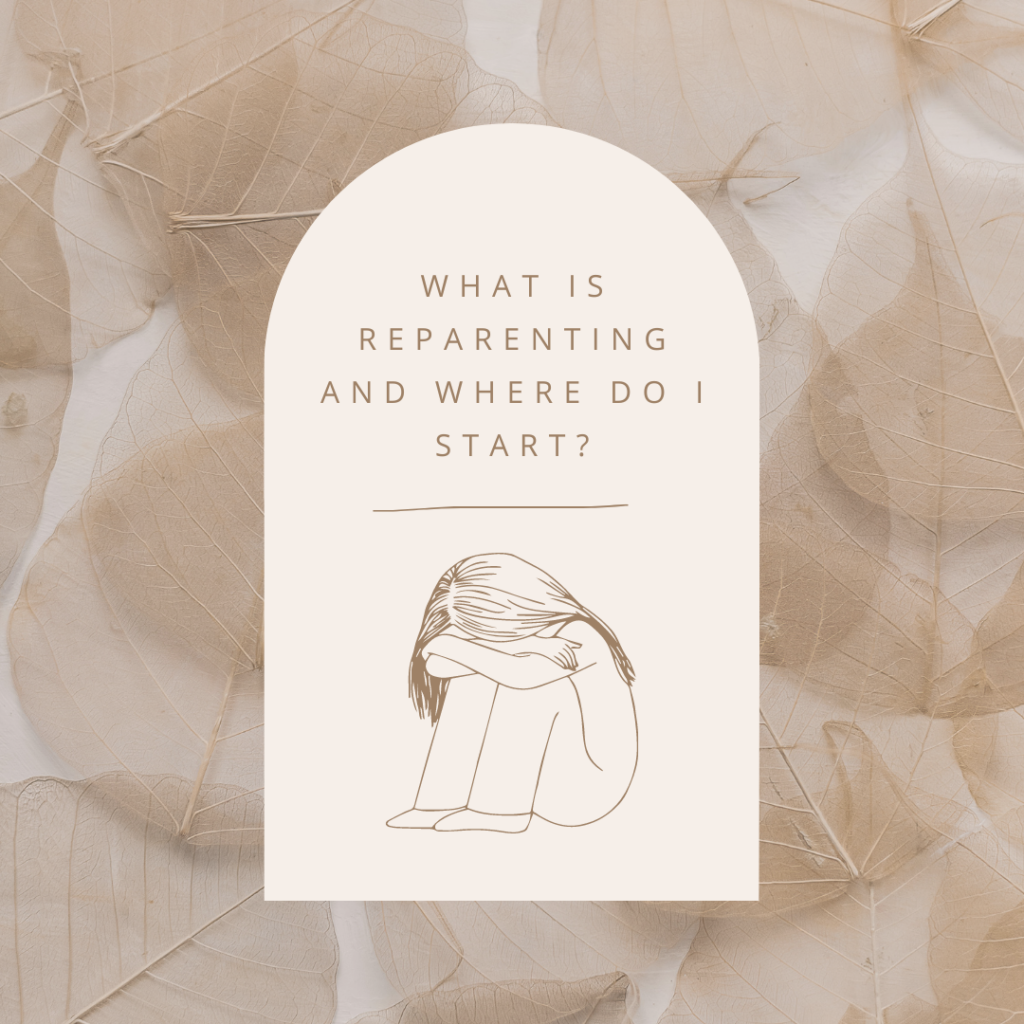What is Reparenting?
In simple terms, reparenting is the act of giving yourself what you didn’t receive as a child. All children have basic needs that need to be met in order for them to grow, develop and thrive in the world. When these basic needs are neglected for whatever reason (parental mental illness, excessive stress/pressures within the family unit, loss of a parent/caregiver etc), it can profoundly impact us in adulthood.
Many of us didn’t get the childhood we needed and deserved. If you experienced abuse or neglect when you were young, a part of you may be trapped in the past as that child. Reparenting allows you to heal. However, you don’t need to have experienced trauma to benefit from reparenting. If there are issues that stem from your childhood that are impacting your present life, reparenting could help.
How Does It Work?
Reparenting is the process of your therapist taking on the role of the caring, compassionate, patient and reliable parent you needed as a child and teaching you what it feels like to have your needs met by them. When you internalise this experience, you eventually learn to model the same behaviour and reparent yourself.
Reparenting takes lots of time, compassion, patience and non-judgement of yourself. It wasn't your fault your needs were not met. It may not have been your parents’ fault either.
Where Do I Start?
- Think about a child’s basic needs – love, safety, belonging, protection, independence, validation of emotions, etc. What needs of yours were not met? How has this impacted your life? You may find it helpful to journal about these things.
- Start noticing your inner child. This is the younger part(s) of yourself that carries all the painful memories, emotions, physical sensations and thoughts related to your childhood experiences. Typically, when we have strong emotional reactions (anger/anxiety/emotional distress) in a current situation that are disproportionate to what the situation warrants, it is a strong indicator that your inner child is activated. Use your journal to keep a diary of the times you think your inner child has been triggered. Examples might be when your kids aren’t listening to you, or when your partner makes a comment about something you take personally.
- Ask yourself ‘what does my inner child need in this moment?’ Does he/she need comfort? Reassurance? Validation? Can you, as the adult, meet the needs of your inner child? If so, set aside some time to imagine it. Really allow yourself to feel the feelings of your inner child, then kindly and compassionately bring your adult self into the imagery. Visualise them tending to your inner child and meeting their needs. It might sound strange, but it can be so soothing and calming for your inner child to be seen, heard and listened to, whilst having their needs met.
Get Some Help
The process I've described above can be very healing and powerful for both adult you and child you! But meeting your own needs isn’t always easy, especially if you’ve never had it modelled to you.
This is where reaching out to a therapist like me can help. I’ve had my own therapy to learn how to meet the needs of my own inner child, and I’ve also had training to help me assist others with this too. I’d be honoured to support you on your reparenting journey. Book your free consultation here or join me on Instagram where I share more tips and advice.
